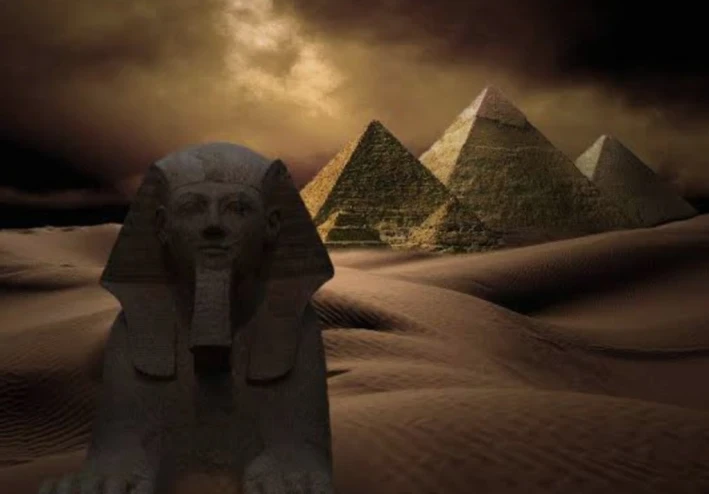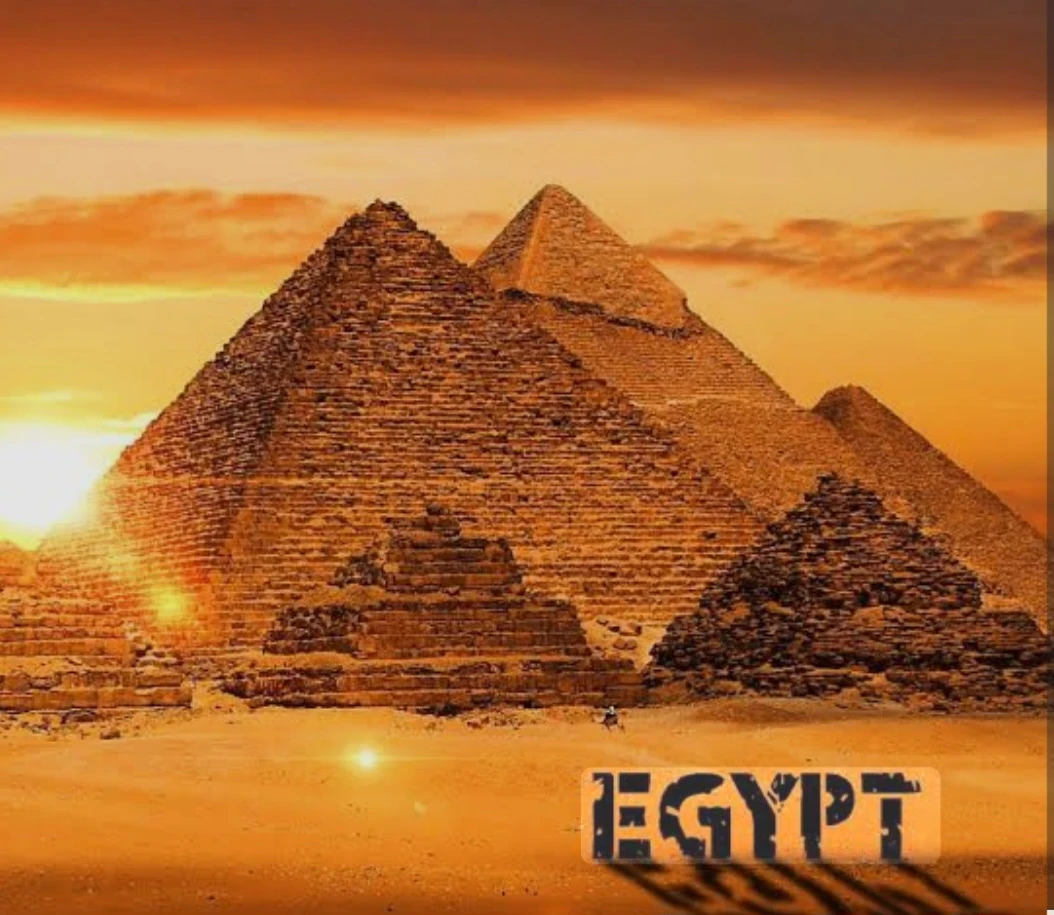
What you should know about Egypt

Egypt: A Timeless Land of Civilization, Heritage, and Strength
When people speak about history, culture, and human achievement, one name always shines: Egypt. This ancient land is more than just pyramids and pharaohs—it is a living story of resilience, creativity, and continuity. Walking through Egypt means walking through thousands of years of human history, yet feeling the warmth and spirit of a nation that is still alive today.
A Civilization That Shaped the World
Egypt is often called the cradle of civilization, and for good reason. Along the fertile banks of the Nile, one of the world’s first great societies was born. Ancient Egyptians invented a system of writing—hieroglyphics—developed advanced medicine, mastered irrigation, and built some of the most breathtaking structures the world has ever seen. Their legacy did not fade away; instead, it became a foundation for human progress everywhere.
Streets That Whisper History
To visit Egypt is to step into an open-air museum. In Luxor, the Avenue of Sphinxes stretches for kilometers, connecting great temples like Karnak and Luxor Temple. In Cairo, narrow streets in Islamic Cairo echo with centuries of stories, from Fatimid mosques to Ottoman houses. These streets are not just stone and dust—they are veins that carry the heartbeat of Egyptian history into the present.
Eternal Monuments and Treasures
Egypt’s monuments need no introduction. The Pyramids of Giza, standing proudly under the desert sun, remain one of the Seven Wonders of the Ancient World. Temples like Abu Simbel and Philae rise majestically by the Nile, while the Valley of the Kings holds the secrets of pharaohs in golden tombs. Each site is a reminder of how deeply Egyptians believed in eternity, and how powerfully they expressed it through art and architecture.
The Strength of the Army
Egypt has always been protected by its defenders. In ancient times, the Egyptian army secured borders and expanded the kingdom under leaders like Ramses II. Today, the modern Egyptian army is one of the strongest in the Middle East and Africa, playing a vital role not only in defending the nation but also in supporting peace and stability. The courage and discipline of Egyptian soldiers are a reflection of the resilience that has defined this land for millennia.
Leaders Across the Ages
Egypt’s history is rich with remarkable leaders. From the legendary pharaohs—Tutankhamun, Hatshepsut, and Akhenaten—to later rulers like the Fatimid caliphs and the Mamluk sultans, Egypt has always been a stage for powerful figures who shaped history. In modern times, Muhammad Ali Pasha laid the foundation of a modern state, while leaders of the twentieth century guided Egypt through independence, revolution, and transformation. Each era left its mark, weaving a complex but fascinating story.
A Nation That Lives On
What makes Egypt truly special is not just its past but its present. It is a land where tradition and modernity walk side by side. The same Nile that once carried pharaohs’ boats now flows beside bustling cities, crowded markets, and vibrant communities. Egyptians carry with them pride in their heritage and hope for their future.
Conclusion
Egypt is not just a country—it is a living legacy. Its civilization taught the world, its monuments inspire awe, its army defends with honor, and its leaders across centuries have carved paths that changed history. Yet beyond all of that, Egypt is a feeling: a mixture of pride, strength, and timeless beauty. To know Egypt is to know humanity itself.






























